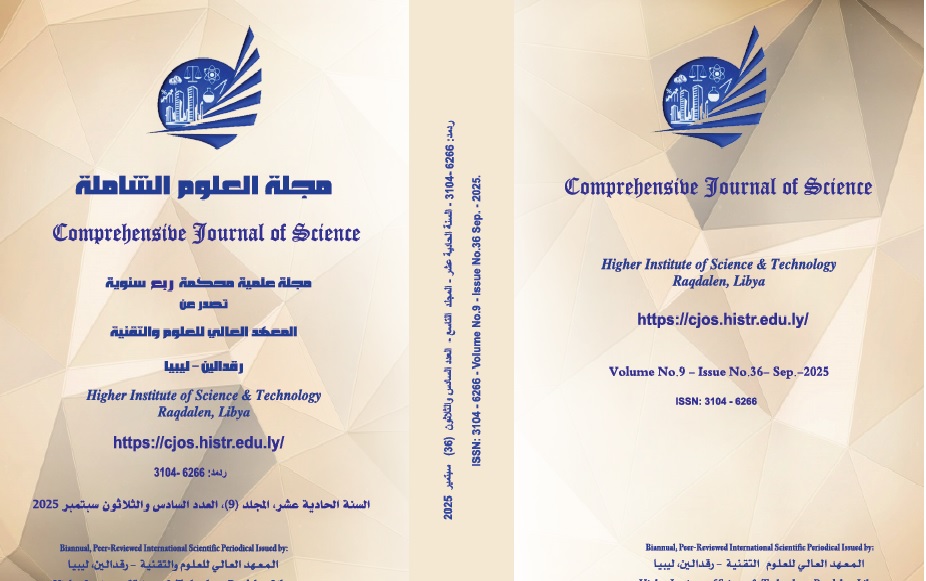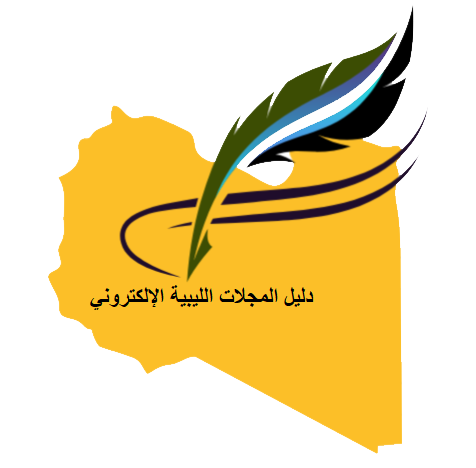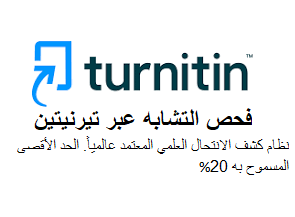Lecturers’ Conceptions of E-Learning Use at the Higher Institute of Water Affairs, Ajilat (Libya): A Qualitative Case Study A Qualitative Case Study (Interview-based)
Abstract
This qualitative case study investigated how lecturers at the Higher Institute of Water Affairs in Ajilat, Libya, conceived, experienced, and evaluated the use of e-learning in their teaching practice. Using semi-structured interviews as the sole data collection tool, the study explored lecturers’ understandings of e-learning, perceived benefits and challenges, and contextual factors affecting adoption. Thematic analysis revealed three key themes: positive but cautious perceptions of e-learning, institutional and infrastructural challenges, and the need for professional development and strategic support. Findings suggested that while lecturers were generally open to e-learning, issues such as inadequate infrastructure, limited technical skills, and a lack of institutional policy hindered effective integration. The study concluded that e-learning in Libyan higher education requires coordinated policy, capacity building, and infrastructure improvement to realize its full potential.
Downloads
Downloads
Published
Issue
Section
License

This work is licensed under a Creative Commons Attribution-NonCommercial-ShareAlike 4.0 International License.











